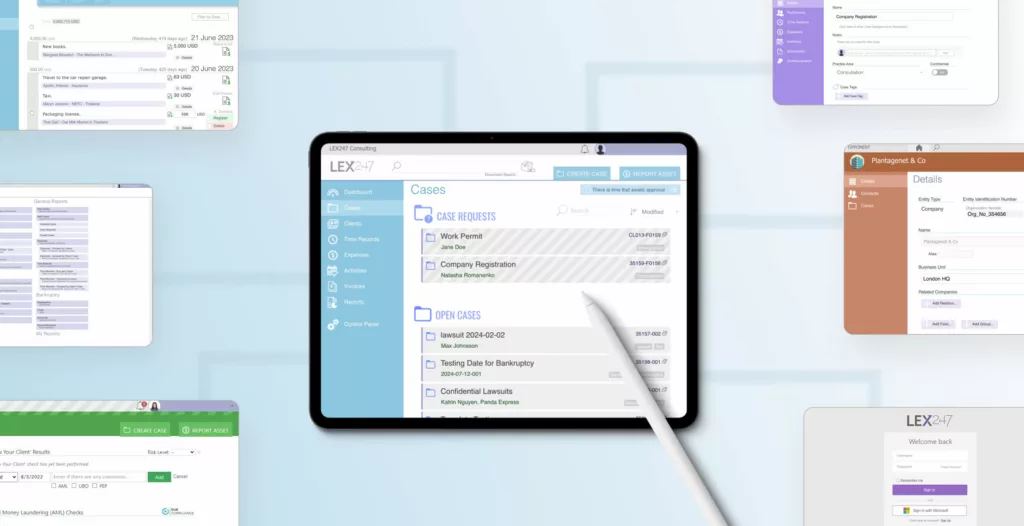Law firms can choose between having their attorneys and staff work in the office or remotely. While in-office work is the traditional option, remote work is becoming more popular. Law firms need to weigh the advantages and disadvantages of both options before deciding between on-site and remote work.

Productivity
On-site work has less distractions and allows for immediate feedback. Remote work offers better work-life balance and flexibility, which can boost productivity. Studies show that remote work can lead to increased productivity due to fewer distractions, reduced stress, and better work-life balance.
However, the productivity benefits depend on the law firm’s culture and resources. A collaborative culture may find on-site work more productive, while a firm valuing autonomy may find remote work more effective.
Recruiting and Retention
Offering the choice of on-site or remote work can attract top talent and boost retention. However, managing a fully remote team can be difficult due to communication and cohesion issues.
This is why effective communication and collaboration tools are essential to address these challenges. Before offering remote work options, law firms must consider employees’ needs, the firm’s culture, and goals. By doing so, they can create a successful work environment that benefits everyone involved.
Cost Savings
Remote work can save law firms a lot of money on office rent and utilities. However, if the firm provides equipment and resources for home offices, the savings may be less significant.
Additionally, remote work requires communication and collaboration tools, which can also be expensive. Law firms should take these costs into account when deciding whether to offer remote work options.

Client Needs
Consider your clients’ preferences when deciding whether to work on-site or remotely. If your clients prefer face-to-face meetings or are located nearby, on-site work may be necessary. However, if your clients are in different locations or prefer remote communication, remote work may be a better option.
Balancing client needs with the benefits of on-site and remote work is essential. Fortunately, technology can facilitate virtual meetings and communication, regardless of the chosen work arrangement.
Culture
A law firm’s values and culture can influence the choice between on-site and remote work. For example, if the firm values collaboration and teamwork, on-site work may be more suitable due to the benefits of in-person communication. In contrast, if the firm values autonomy and flexibility, remote work may be the better option.
To make the right decision, it is crucial to align the firm’s values with the needs of its employees. Providing training, mentoring, and professional development opportunities can also help maintain the firm’s culture.
Hybrid Approach
Offering a hybrid approach of on-site and remote work can benefit law firms in multiple ways, including productivity, recruitment, retention, and cost savings. This approach allows firms to tailor their work arrangements to meet employees’ needs and preferences, leading to greater job satisfaction and engagement.
To implement this approach, firms can create a schedule that alternates on-site and remote work days for employees. This schedule can be customized to the needs of the firm and its employees. However, for the hybrid approach to work effectively, firms must provide employees with the necessary resources and technology to work both on-site and remotely.
Conclusion
In conclusion, the decision to choose on-site or remote work depends on factors such as productivity, cost savings, client needs, and culture. A hybrid approach can offer benefits, but it requires clear communication and proper resources. The ultimate decision should align with the firm’s goals and values, while meeting the needs of its clients and employees.







